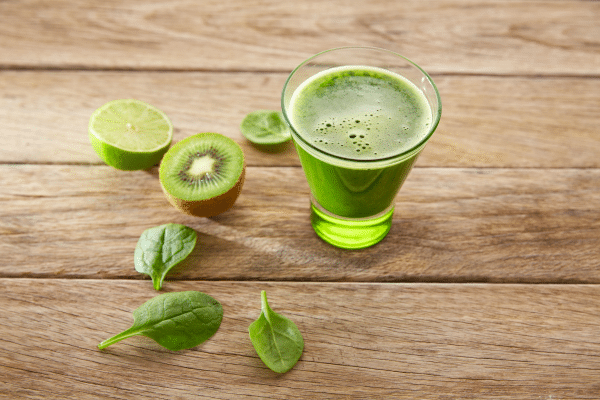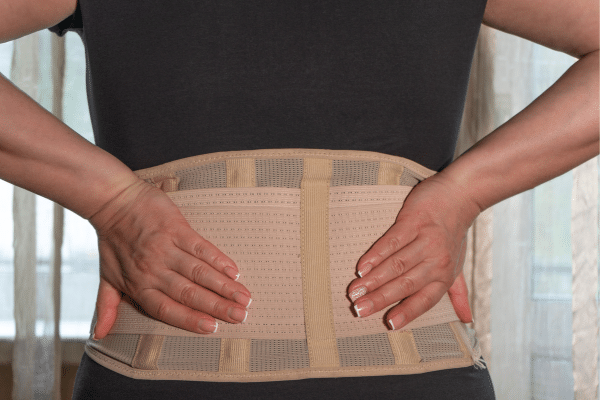In the ever-evolving landscape of health and wellness, a myriad of trends promise fast and effective solutions to various health concerns. Every year, new fads emerge, each claiming to offer a shortcut to better health, a slimmer physique, or a detoxified system. While the allure of quick results is undeniably strong, it’s essential for individuals to approach these trends with a healthy dose of skepticism. Thorough research and an understanding of one’s unique health needs should guide decisions in personal wellness. This post aims to dissect some popular health fads, shedding light on their efficacy and potential risks, to empower readers to make informed choices about their health.
Contents
Weight Loss Pills

An abundance of weight loss pills flood the market, each promising a shortcut to achieving a desired body shape without the need for rigorous exercise or strict dieting. Often, these pills claim to boost metabolism, reduce appetite, or block the absorption of fat. However, many of these claims lack substantial scientific backing. Additionally, some of these pills contain ingredients that can lead to a range of side effects including insomnia, anxiety, and even more severe health issues. Thus, caution and extensive research are advised before considering such an option for weight loss.
The allure of shedding pounds without substantial effort is the primary driver behind the popularity of these pills. However, it’s essential to remember that a healthy and sustainable weight loss journey involves a combination of a balanced diet and regular exercise. The effectiveness of many weight loss pills remains questionable, with some potentially offering temporary results that are not sustainable in the long run. Moreover, the safety and quality of these products can vary greatly, making them a risky option for individuals seeking to lose weight healthily.
Gluten-Free Diet For Non-Celiac Individuals

The gluten-free diet trend has grown exponentially in popularity, even among those without celiac disease or gluten sensitivity. Adopting such a diet is often marketed as a means to lose weight, boost energy, and improve overall health. However, unless one has a diagnosed health condition that necessitates avoiding gluten, this dietary choice might not offer the anticipated benefits and could even lead to nutritional deficiencies.
Eliminating gluten unnecessarily can result in a diet lacking in fiber, vitamins, and other essential nutrients. Foods containing gluten, such as whole grains, are rich in these elements. When these foods are excluded, individuals may experience adverse health effects over time. For those without a gluten sensitivity, a balanced diet including a variety of food groups is typically a more healthful option. While some people report feeling better after cutting out gluten, it’s worth considering other potential dietary changes that might yield similar benefits, without the potential downsides associated with a restrictive diet.
Juice Cleansing

Juice cleansing has been promoted as a quick fix to flush toxins from the body and promote rapid weight loss. These liquid-only diets consist of consuming fruit and vegetable juices for a set period, often ranging from a few days to several weeks. Proponents claim benefits including enhanced energy, improved digestion, and increased mental clarity. However, health professionals often express concern about the lack of solid food and essential nutrients that are an integral part of a balanced diet.
An inherent issue with juice cleanses is the drastic reduction in calorie and protein intake. This can lead to muscle loss, weakness, and fatigue. Additionally, while fruits and vegetables are rich in vitamins and minerals, relying solely on them excludes important nutrients found in other food groups. The body’s natural detoxification system, including the liver and kidneys, is highly efficient, casting doubts on the need for external cleansing regimes. Moreover, juice cleanses can lead to a yo-yo effect where weight is quickly regained after the cleanse ends, making it an unsustainable weight loss option.
Activated Charcoal Products

Activated charcoal products have surged in popularity, touted for their supposed ability to detoxify the body and improve skin and digestive health. These products, ranging from supplements to facial masks, are believed to absorb toxins, chemicals, and other undesirable substances from the body. However, scientific support for these claims is limited, and over-reliance or incorrect usage of activated charcoal can lead to unintended health issues.
Though activated charcoal can bind to certain toxins in emergency poisonings, its everyday use for detoxification or health enhancement is questionable. The substance can bind to and remove not only toxins but also essential nutrients, leading to nutritional deficiencies. Moreover, excessive consumption of activated charcoal can lead to constipation, vomiting, or other gastrointestinal issues. It’s essential for consumers to be aware of these potential risks and seek professional medical advice before incorporating activated charcoal into their health regimen.
Waist Trainers For Weight Loss

Waist trainers, popularized by celebrities, claim to offer a shortcut to a slimmer waist and an hourglass figure. These devices, worn around the midsection, purportedly aid in weight loss by inducing sweat and suppressing appetite. However, the idea of spot reduction — losing fat from a specific area of the body — is a myth that has been debunked by numerous studies. The temporary loss of inches around the waist is often due to loss of water weight, not fat.
The health risks associated with waist trainers can be significant. Extended use can lead to organ compression, reduced lung capacity, and breathing difficulties. Additionally, relying on a waist trainer to achieve a desired figure can also affect posture and lead to back issues. It is always advisable for individuals seeking to lose weight or tone their midsection to adopt proven methods like a balanced diet and targeted exercise, which offer sustainable results and holistic health benefits.
Alkaline Water

Alkaline water, characterized by a higher pH level than regular drinking water, is often marketed as a solution for neutralizing acid in the body, improving energy levels, and enhancing hydration. Companies producing alkaline water claim that it can combat various health issues, including cancer and osteoporosis. However, comprehensive scientific evidence supporting these claims is lacking.
The human body naturally maintains its pH balance, regardless of the diet or type of water consumed. Most of the claims associated with alkaline water lack substantial research backing and the body’s complex mechanisms for managing pH levels render such external interventions largely unnecessary. While drinking alkaline water is likely not harmful, expecting significant health benefits from it might lead to disappointment. Diversifying one’s diet and staying hydrated with regular water are straightforward, effective strategies for maintaining health.
The Bottom Line
In a world inundated with quick fixes and miracle cures, discernment and critical thinking are indispensable tools. It’s imperative to scrutinize health fads and consider the scientific evidence, or lack thereof, underlying their claims. Sustainable health and wellness are rooted in balanced nutrition, regular exercise, and adequate rest, rather than elusive shortcuts. Empowered with accurate information and a skeptical yet open-minded approach, individuals can navigate the complex landscape of health trends, embracing practices that genuinely contribute to well-being and avoiding those grounded in misinformation and hype.


